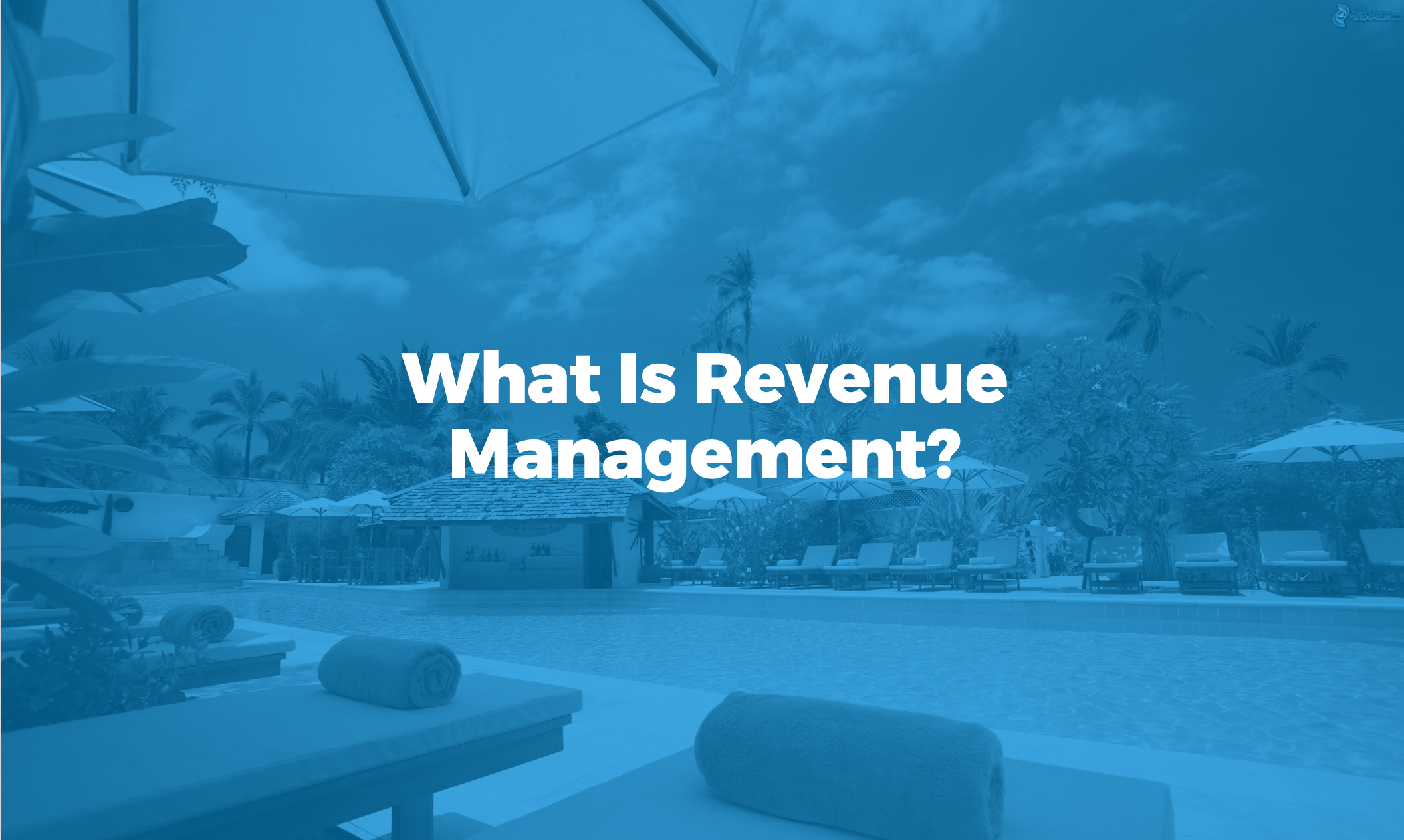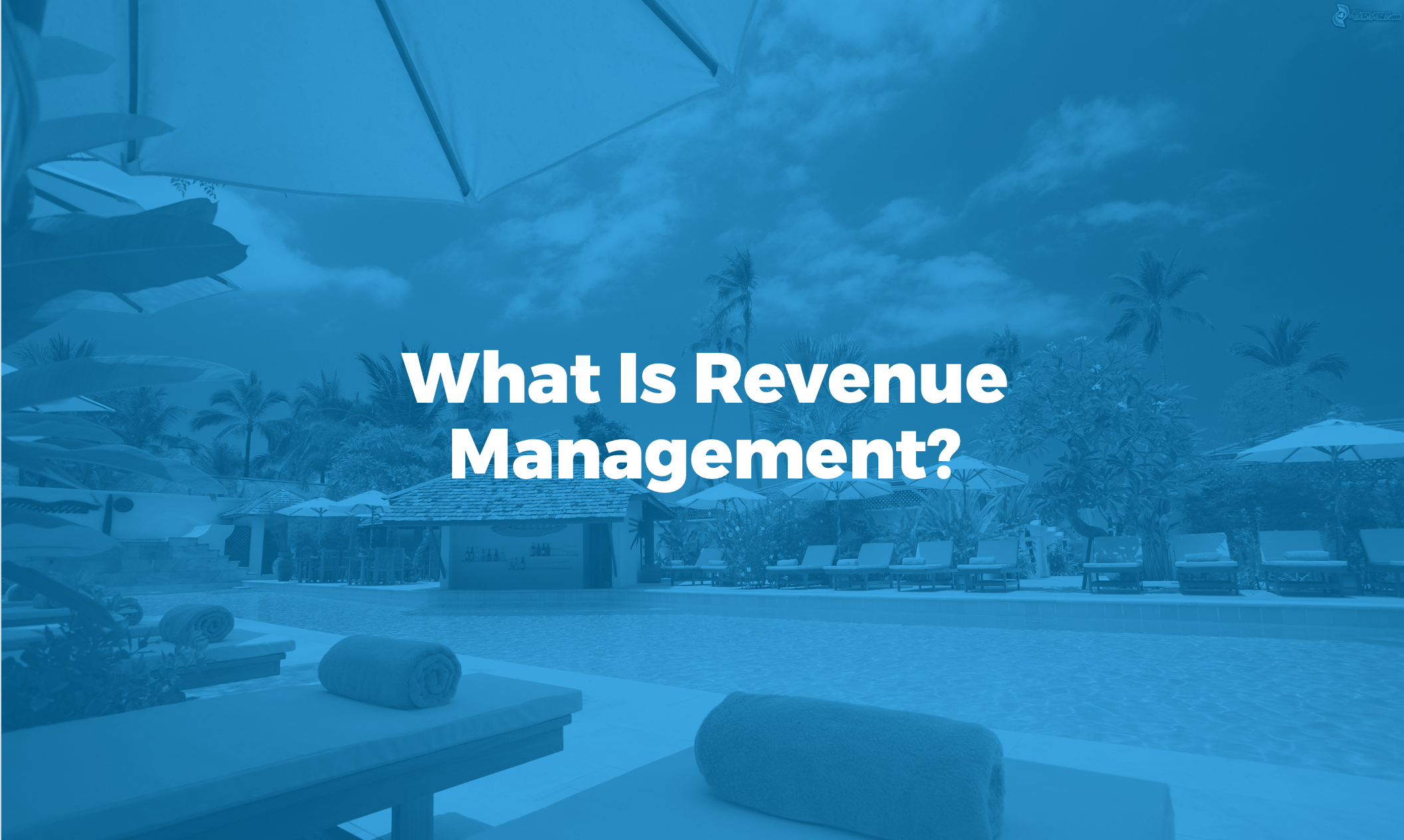Revenue Management is a basic tool for any hotel manager. Here's how to maximise its power.
In the hotel sector, high occupancy does not necessarily mean profitability. We must increase sales while raising average prices. To be truly competitive today, any hotel chain is forced to apply advanced revenue management techniques and strategies if it wants to see its business and bottom line grow in a sustained manner.

Not only should sales increase, but the goal should be to sell more and at a better price.
The supply of hotel management technology available today is overwhelming and can lead to confusion and frustration if you don't have a few concepts clear when it comes to choosing one program or another. We need to make sure we know what each tool offers and what we are going to get out of it.
However, there is no doubt that with the help of specific software capable of generating customized reports and analyses, hotel companies can see their numbers improve significantly. Thanks to the control of the results and a constant analysis of the numbers we can reach the expected results.
The management and use of the data that hotel chains accumulate (or should accumulate), combined and crossed with other data sources, which can be internal or external, are the key to be competitive in a globalized market. As summarized by Maialen Carbajo, head of Google for the tourism sector in Spain and Portugal, in the conference Hospitality 4.0 2019: "All companies that sell directly to consumers have data, but in general do not know which or where they have them. The challenge therefore is to know where you have them, how you manage them and how you apply them to your marketing strategy".
It is essential to know what data we have, what it corresponds to and to combine it to draw conclusions. As hotel managers, we have to be clear about what information we need to obtain in order to increase our sales or control the status of our sales.
Hotel revenue management helps to predict consumer demand in order to optimize the sale of all inventory and maximize prices, thus maximizing RevPAR and the profitability of other areas and services of the facility (TrevPAR). In order to offer customized products, at the right time and at a competitive price, sales and marketing teams must therefore handle the largest volume of reliable and updated information in real time, and be able to react proactively rather than reactively.
Undoubtedly, the challenge lies in knowing how to maximize the big data and knowing how to interpret it. To facilitate this task, there are many specific developments in the market for the sector, such as booking engines (normally not used as a tool for accumulation or collection of data, as they are usually connected to the PMS, and data is extracted from it), customer relationship management (or CRM) software or channel managers, which are used to distribute stock and prices by date and conditions in the different sales channels (Booking, Expedia...) with a single quota shared among all the operational channels. Like the engines, property management systems (PMS) and reputation management programs, among others, are not usually used as a tool for accumulating and consulting data. To these, we must add a large number of APIs that technology, fintechs and startups of all kinds make available to hotel companies to optimize their daily operations and decision making.
All these are software that offer information from big data. In addition, some even offer tools to analyze the information they generate. However, as these softwares are very specific for each type of information, it is difficult to get a global vision that includes information from all of them to create a general analysis, since the analytical tools they offer only analyze the information they themselves generate.
Download our guide to learn about the main Revenue Management softwares and the aspects to take into account when introducing a tool of these characteristics into the company:
Download
Although all these programs are very useful, their use without an analytical objective can lead the organization to lose the opportunity to have a complete vision that allows it to make good strategic decisions. This is why it is important to try to have the perfect tool that allows to make a global analysis and to extract conclusions based on safe and reliable data from the already existing platforms in the company.


